Oil and Gas Companies in Europe
In the heart of conservation-conscious Europe, you’ll find robust oil and gas companies. You’re stepping into a world where environmental responsibility and industrial growth aren’t mutually exclusive. Giants like BP, Royal Dutch Shell, and TotalEnergies, among others, are leading the energy sector. These companies, while based in Europe, have a global footprint, spearheading innovations and setting industry standards. They’re not just about hydrocarbons; they’re also venturing into renewable energies, adapting to the changing energy landscape. So, while you explore these oil and gas companies in Europe, you’re actually delving into the fascinating dynamics of sustainable growth and energy transition.
BP (British Petroleum)
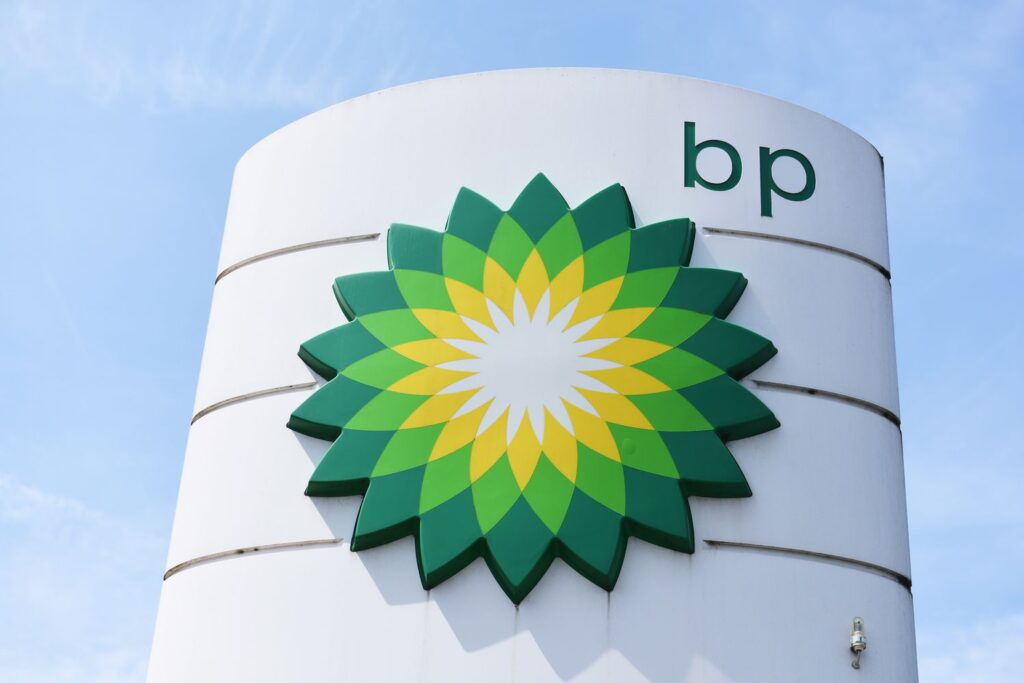
Diving into BP, you’ll find it’s one of the world’s largest oil and gas companies, originating from the UK. You’ll be amazed to know that it operates in all areas of the industry including exploration, production, refining, distribution, and marketing. This giant doesn’t stop at oil and gas. It’s making a significant shift toward renewable energy, investing in solar power, biofuels, and wind power. With its commitment to reducing carbon footprints, you can see it’s a leader not just in oil production, but also in the transition to sustainable energy. It’s clear that BP isn’t just about fueling cars and homes. It’s about fueling change and future generations. So, while you’re filling your tank at a BP station, remember, that you’re part of something larger.
Royal Dutch Shell

Now, let’s take a look at another major player, Royal Dutch Shell, one of the largest oil and gas firms in the world, hailing from the Netherlands. This powerhouse is not just about oil and gas; they’re also heavily involved in renewable energy. They’ve got plans to become a net-zero emissions energy business by 2050 or sooner. You’ll find Shell on the frontline of new energy technologies such as biofuels, hydrogen, and electric vehicle charging. What’s more, they’re keen on power generation and aim to provide electricity to millions of homes and businesses. You can see, that Shell is shaping the future of energy, not just in Europe, but globally. So, keep an eye on this energy giant as they continue to evolve.
TotalEnergies
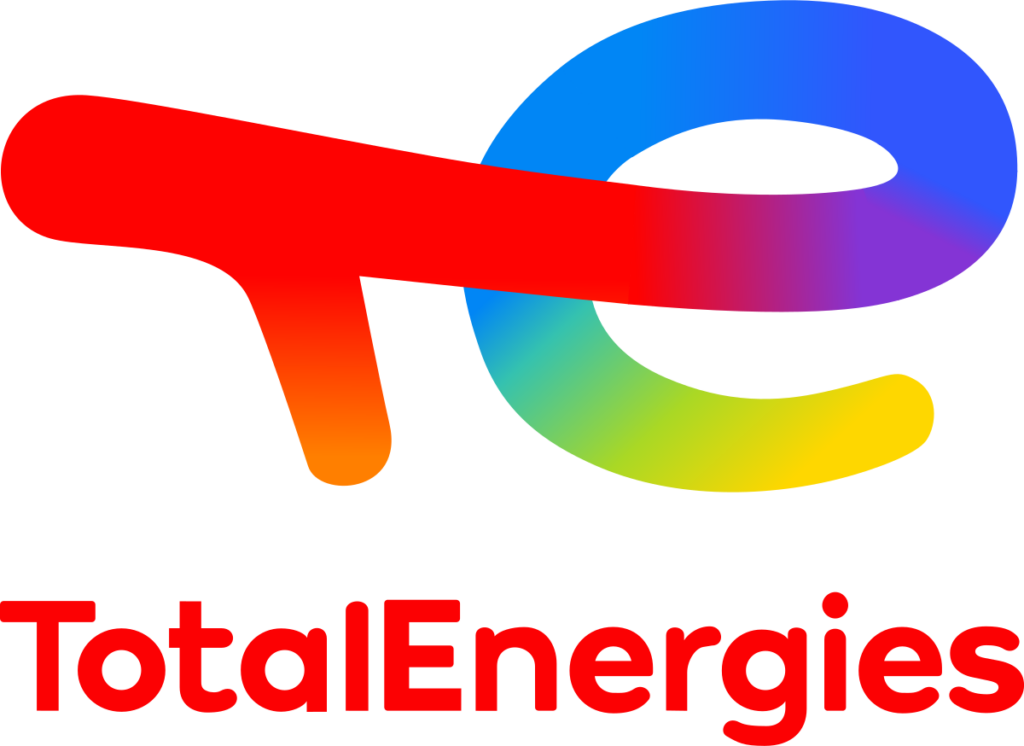
Moving on from Shell, you’ll find TotalEnergies, a French multinational integrated oil and gas company that’s also making significant strides in the energy sector. With operations in more than 130 countries, it’s one of the world’s top seven oil and gas companies. It’s not just about petroleum though. TotalEnergies is committed to cleaner, more sustainable energy solutions. They’re investing heavily in renewables and electric mobility, striving to become a major player in the zero-carbon transition. Interestingly, it’s their dedication to sustainability that’s earning them a notable reputation. You’ll appreciate knowing they’re also a responsible corporate citizen, supporting various social initiatives globally. TotalEnergies is definitely a company that’s shaping the future of the energy industry.
ExxonMobil
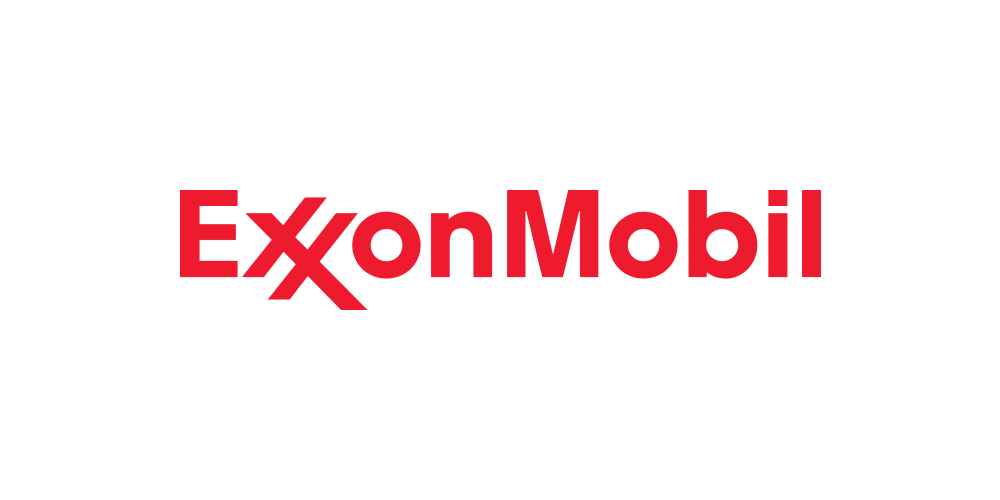
Next on your radar should be ExxonMobil, an industry titan whose influence in the European oil and gas sector is undeniable. This American multinational holds a strong presence in Europe, shaping the industry in significant ways.
- ExxonMobil’s impressive reach extends to the North Sea, where it operates numerous offshore platforms. The company’s role in this region contributes significantly to Europe’s energy supply.
- ExxonMobil’s research and development activities in Europe are noteworthy. They’re consistently pushing boundaries, innovating and enhancing the energy sector.
- The company’s commitment to sustainability is also commendable. They’re investing in low-emission technologies and renewable energy sources, showcasing their responsibility towards a greener future.
Chevron

So, you’re familiar with ExxonMobil, but what about Chevron? It’s another major player in the oil and gas industry, with a significant presence in Europe. Chevron’s operations span the entire energy spectrum, from exploration and production to refining and marketing.
Just to give you a quick snapshot, here’s a little table:
| Aspect | Description | Relevant Figures |
|---|---|---|
| Production | Chevron produces oil and gas in multiple European countries | Over 50,000 barrels per day in Europe |
| Refining | They have refining operations in various locations | Processing capacity of over 800,000 barrels per day globally |
| Marketing | Chevron sells fuel under various brands across Europe | Thousands of service stations in the region |
Repsol
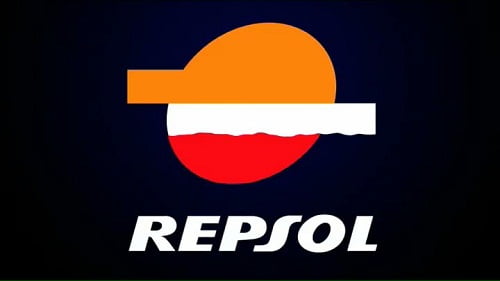
While you may not hear about Repsol as often as Chevron, it’s a Spanish oil and gas company that’s making a substantial impact in Europe’s energy sector. Headquartered in Madrid, Repsol has operations in over 34 countries, extending its influence well beyond Europe.
Here are three key aspects of Repsol that you should be aware of:
- Investments in Renewable Energy: Repsol is investing heavily in greener energy sources, aiming to achieve net-zero emissions by 2050.
- Global Presence: Despite its European roots, Repsol is also a global player in the energy sector, with operations in North America, Africa, Asia, and South America.
- Diversified Portfolio: Repsol isn’t just an oil and gas company. It’s also involved in power generation, refining, and chemical production.
Lukoil
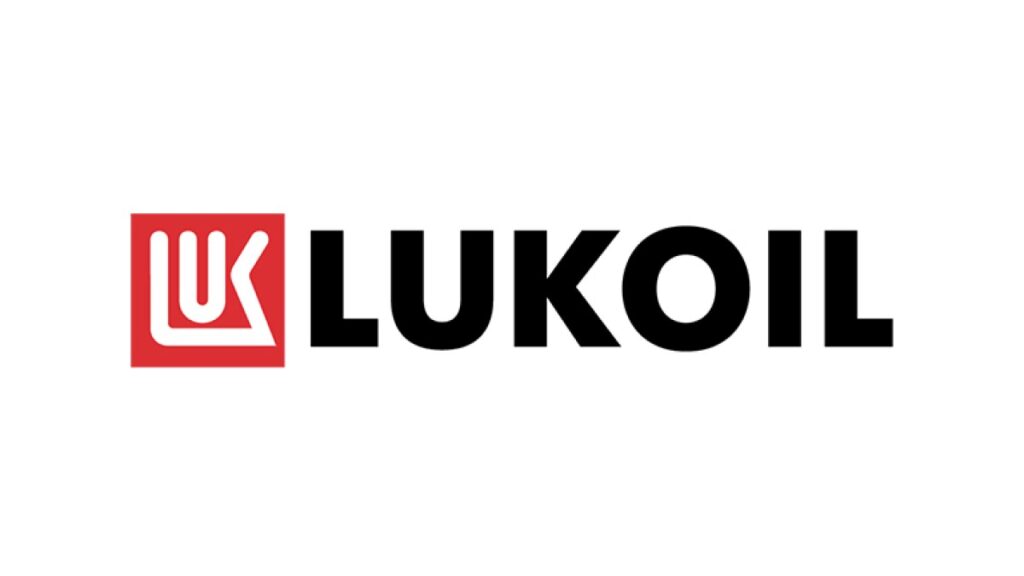
You might not be aware, but Lukoil, a Russian multinational energy corporation, is one of the largest oil and gas companies in Europe. Its operations aren’t just limited to Russia but span over 30 countries worldwide. They’re heavily involved in the exploration, production, refining, and sale of petroleum products. Lukoil’s success lies in its ability to adapt to market changes and its commitment to sustainable development.
Here’s a brief overview of Lukoil’s operations:
| Area of Operation | Details |
|---|---|
| Exploration and Production | Operations in 30+ countries |
| Refining | 4 refineries in Europe |
| Sales | 5,000+ filling stations |
| Sustainability | Committed to environmental responsibility |
Lukoil’s vast reach and commitment to sustainability make it a significant player in Europe’s oil and gas sector.
Equinor

Next on our list is Equinor, Norway’s state-controlled oil and gas giant, which you’ll find is a leading force in Europe’s energy scene. Equinor stands out for several key reasons.
- It’s a pioneer in offshore drilling, boasting over 40 years of experience. You’ll find they hold a significant number of offshore oil and gas licenses in the North Sea.
- Equinor is also known for its commitment to sustainability. They’re investing heavily in renewable energy sources, with a specific focus on offshore wind projects.
- Lastly, they’re a major player in natural gas, supplying Europe with about 20% of its total consumption.
With its cutting-edge technology, sustainability initiatives, and influential role, Equinor is undoubtedly a powerhouse in Europe’s oil and gas industry.
Gazprom

Shifting from Norway to Russia, let’s delve into Gazprom, a dominant entity in the European oil and gas landscape. Gazprom, a state-owned entity, holds the world’s largest natural gas reserves and is the leading global gas producer. It’s known for its control over Russia’s major gas pipeline system and export pipelines.
| Category | Detail |
|---|---|
| Headquarters | Moscow, Russia |
| CEO | Alexey Miller |
| Founded | 1989 |
Gazprom’s operations span the entire gas industry value chain, from exploration and production to transportation and sales. They’re a key player in Europe’s energy sector, supplying approximately 35% of the continent’s natural gas. So, when you’re discussing European oil and gas companies, Gazprom’s influential role can’t be overlooked.
See Also: Oil and Gas Companies in Germany
OMV
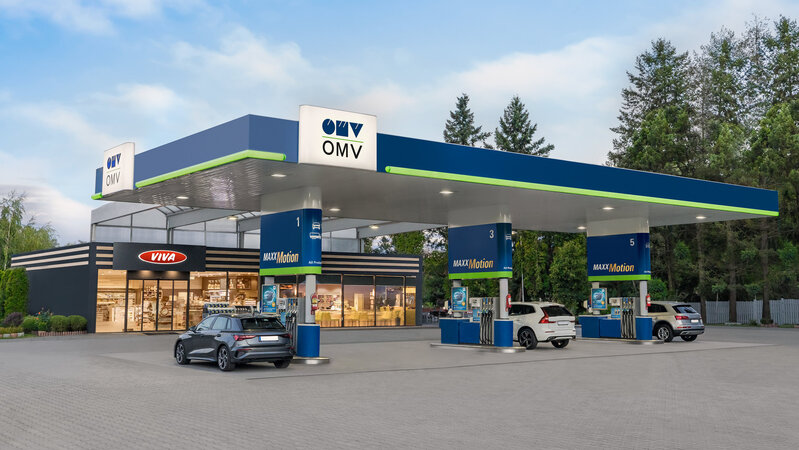
Turning your attention to Austria, let’s explore OMV, a prominent player in the European oil and gas industry. Founded in 1956, OMV has made its mark as one of Europe’s largest listed industrial companies. They’re engaged in a variety of areas, including exploration, production, and downstream operations.
Let’s break down OMV’s operations into three distinct areas:
- Exploration and Production: They’re operating in more than 10 countries worldwide, focusing on onshore and offshore drilling.
- Refining and Marketing: They’re responsible for supplying approximately 200 million people with energy products.
- Gas and Power: They’re a major supplier of gas to Europe, and they’re also investing in renewable energy.
OMV‘s impact on Europe’s oil and gas industry is substantial, and it’s worth keeping an eye on their future moves.
Frequently Asked Questions
What Are the Environmental Impacts of These European Oil and Gas Companies?
You’re asking about the environmental impacts of certain companies. They’re significant, indeed. These corporations contribute to air and water pollution through emissions and spills. They’re responsible for habitat destruction due to exploration and extraction processes. Their activities also cause noise pollution. Moreover, they’re major contributors to global warming by releasing large quantities of greenhouse gases. So, there’s no denying their operations have extensive environmental repercussions.
How Do These Companies Contribute to the European Economy?
Like cogs in a machine, these companies play a significant role. They’re not just producers of oil and gas, but economic powerhouses. They generate billions in revenue, create thousands of jobs, and contribute heavily to the GDP. They’re also major investors in renewable energy, playing a role in Europe’s green transition. So, while they might seem like just oil and gas companies, they’re actually vital components of the European economy.
What Are the Employment Opportunities in These European Oil and Gas Companies?
You’re inquiring about employment opportunities. There’s a plethora of jobs available, ranging from engineers and geologists to finance and human resource roles. These companies often offer internships, graduate programs, and experienced hire positions. So, whether you’re starting your career or looking to make a change, there’s something for everyone. It’s also worth noting that these industries value diversity, so they encourage applications from individuals of all backgrounds.
Which of These Companies Has the Largest Oil and Gas Reserves?
You’re asking about the company with the largest oil and gas reserves. That title goes to Royal Dutch Shell. It’s a multinational company with headquarters in The Hague, Netherlands. They’ve got a substantial lead in this area. However, other players like BP and Total aren’t far behind. It’s a competitive industry, so these rankings can change. Keep an eye on industry reports to stay updated.
How Do These Companies Address the Issue of Renewable Energy and Sustainability?
You’re wondering how these mystery companies tackle renewable energy and sustainability, right? Well, they’re no superheroes, but they’re trying. They’re investing in renewable technologies, reducing emissions, and promoting energy efficiency. It’s a bit like swapping your gas guzzler for a bike – not as fast or flashy, but better for the world. It’s a slow ride, but they’re pedaling as fast as they can towards a greener future.
Conclusion
In the grand energy symphony, you’re the conductor, and these companies, the orchestra. BP, Shell, TotalEnergies, they’re your first violinists. ExxonMobil and Chevron? Your brass section. Lukoil, Equinor, Gazprom, and OMV, they’re the strings and woodwinds. Each plays a crucial role in Europe’s energy landscape, harmonizing to fuel your world. So, next time you flick a switch, remember: you’re not just using energy, you’re orchestrating a performance by Europe’s oil and gas virtuosos.

Welcome to our blog! My name is Yuvraj Kore, and I am a blogger who has been exploring the world of blogging since 2017. It all started back in 2014 when I attended a digital marketing program at college and learned about the intriguing world of blogging.





